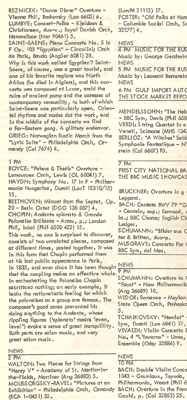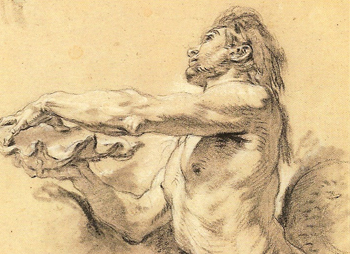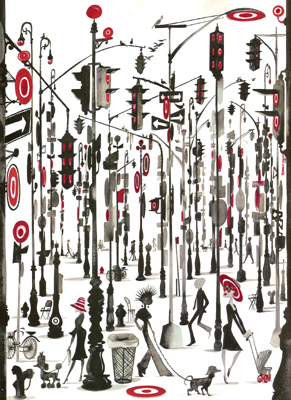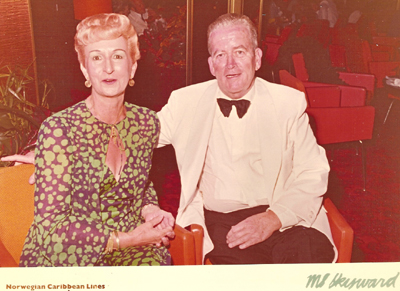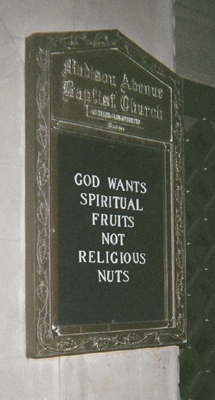Bilingual Ranting
It's hard to feel purposeful just now. The sudden disaster in New Orleans has knocked the wind out of me, strewing awful repercussions from right in front of me to the horizon. When I think about what the people of New Orleans will face when they return - but I can't think about that. The floodwaters appear to be in no hurry to go anywhere, except atop the city itself. I'm very worried about getting clean water to the folks who are safe but stuck in their refuges. What no one seems to have thought about is how long the aftermath would be. There's no end in sight right now.
This is the kinder, gentler part of this morning's entry. I've saved my sharper words for la version française (not a translation). Ranting is so much more satisfying in French! It actually feels virtuous, somehow. The grander emotions are all so much more accessible. Of course, one has to give a little more thought to what one says. But soon it's over and one feels pretty much all better. Ranting in English just makes me feel sore.
But even if it weren't for Katrina, I wonder if my spirits would be much higher. In a disturbing article in today's Times, Dr Jon Miller, of Northwestern University Medical School, tells reporter Cornelia Dean about his highly respected assessments of the state of scientific savvy prevailing in American society.
Dr. Miller's data reveal some yawning gaps in basic knowledge. American adults in general do not understand what molecules are (other than that they are really small). Fewer than a third can identify DNA as a key to heredity. Only about 10 percent know what radiation is. One adult American in five thinks the Sun revolves around the Earth, an idea science had abandoned by the 17th century.
You'd think I'd be used to this kind of disturbance by now. It used to be funny. I used to feel so superior. Now I feel locked in a zoo. Dr Miller quite soundly attributes the situation to the American folly of financing public schools with locally-assessed property taxes. Freedom, rah!
In a not-unrelated article appearing in the current Foreign Affairs, Daniel Yankelovich proposes to identify the tipping point at which public opinion begins to have an effect upon policymaking.
The combination of three factors, all measurable through surveys such as [his], can help determined whether matters are likely to come to a head: the size of the public majority in favor of or opposed to a particular policy, the intensity and urgency of its opinions, and whether it believes that the government is responsible for addressing them. Public opinion reaches the tipping point when a significant majority of the population feels strongly that the government can and should do something about a given issue.
...
Consider issues that greatly concern experts and elites but still leave the public unfazed. Americans do not seem to worry much, for example, about the United States' extravagant foreign debt (32 percent of those surveyed said they do), even though it may prove hazardous to the nation's future.
("Poll Positions: What Americans Really Think About U.S. Foreign Policy.") Boy, does this ever make me feel like a kid in a car on an endless journey. Are we there yet? No, the public still isn't paying enough attention. And why am I bothering to write this? If you're reading it, you're probably already of the same opinion. You probably know what Foreign Affairs is. I'm in another Blogospherical echo chamber.
We'll see what the already mounting, now set-for-rocketing, price in gasoline does to the national inattentiveness. But first,
Exercice de style
Je m’excuse ; mon “cerveau français” ne fonctionne pas très bien aujourd’hui. Je suis affligé par le sort de la ville de La Nouvelle Orléans. Fouettée par les vents de l’ouragan Katrina et inondée par ses pluies, la ville est presque engloutie, une quasi Atlantide. Personne ne sait quand sera restauré ou l’électricité ou l’eau potable ; on doute que cela soit une question de mois.
On a tort de parler d’une catastrophe tout court. Oui, le cyclone est une manifestation de la nature. Mais on pouvait prendre des précautions. Les levées auraient dû être renforcées, et les pompes, qui datent des années Trente, remplacées par des autres plus robustes et indépendantes du réseau de pouvoir – dont les câbles auraient dû être enterrés. On aurait dû se souvenir de l’utilité des volets.
C’est un désastre de la volonté publique, cette immersion d’une ville de quatre cent mille et demi habitants. C’est une honte nationale pire que les attentats de 9/11.
